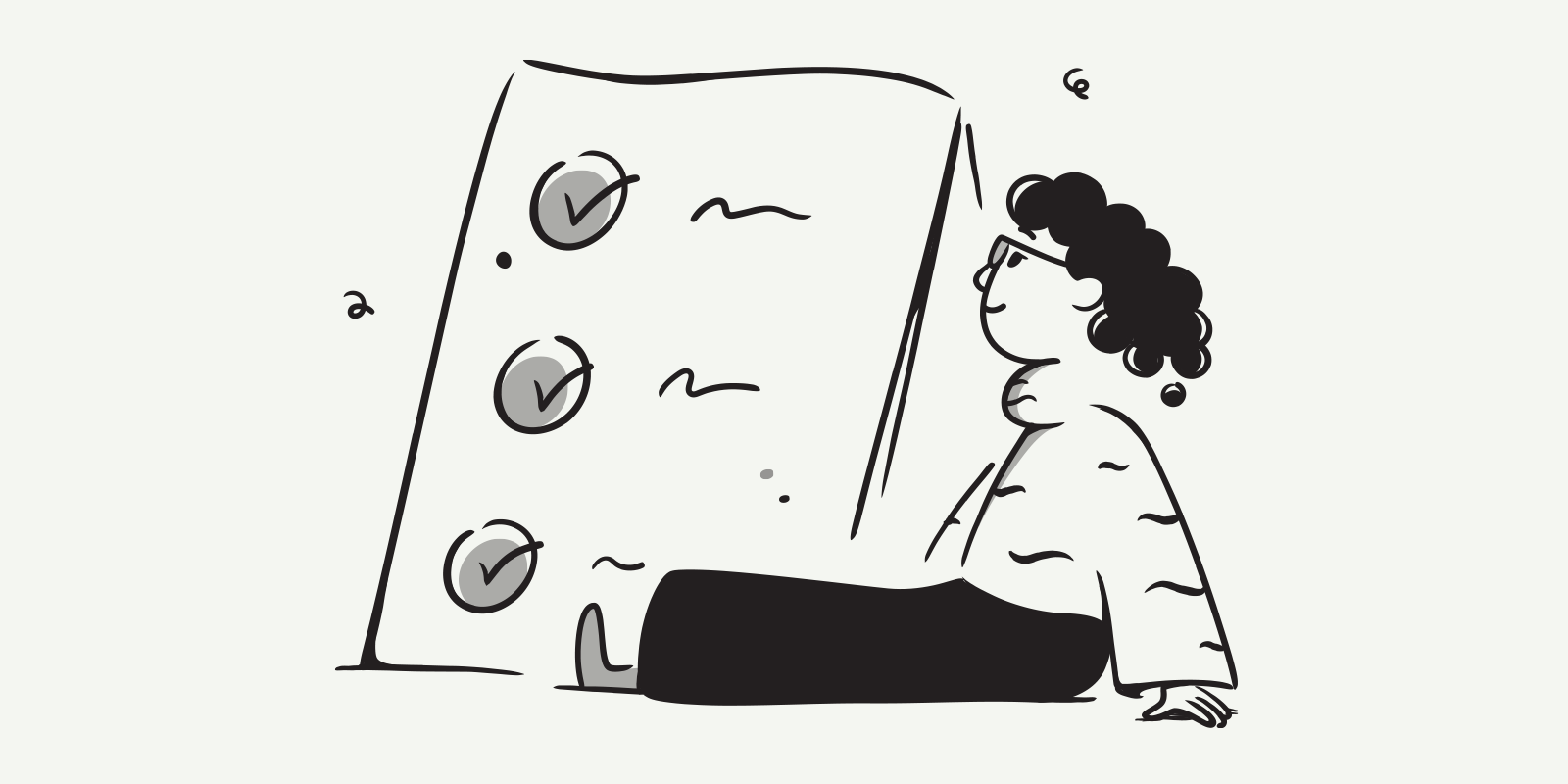10 Tips for the First-time Landlord

If you’re a first-time landlord in the rental business, there are lots of things to learn to maximise the profits of your new business venture. Take a few minutes to check out our 10 tips for first-time landlords.
Make wise renovations
When making renovations you need to concentrate on renovations that will increase the property value and NOT what you think would look nice. Making cornices in the lounge may be perfect for lighting but it won’t add value. Stick to renovations that add value such as double glazing, new kitchens, and bathrooms.
Get the best deals
Your main expense will be your mortgage and lenders are competing for investors in the current market. Shop around on mortgage compare websites to get the best deals. See if you can lock in low-interest rates and make sure you can change the terms of the mortgage without incurring exorbitant costs.
Get insurance that guarantees rent
The main concern that landlords have is that tenants won’t or can’t pay their rent. There’s always a risk that your tenant may lose their job for whatever reason. If the worst happens and you are left with a tenant in your property that doesn’t have the means to move out, there are landlord insurance policies that will guarantee your mortgage is paid. You can also get cover for eviction costs if need be. If you are insured to the max, you can sleep easy, knowing every eventuality is covered.
Get your certificates
Before you can rent your property, you need to make sure any electrical appliances are PAT tested, that your boiler and any gas appliances have been checked and you have a landlord’s annual gas certificate. You need to have smoke and carbon monoxide alarms fitted. And you also need an energy performance certificate.
Screen your tenants
Your tenants are your only source of income, so you need to make sure they can afford to pay the rent and that they have a good payment record. You are also required by law to make sure they have a right to rent. Use a service such as openrent that will check all these things for you.
Make rent payments easier
Collect rents by direct debit or standing order electronically. Arrange for your rental payments to be collected in good time before your mortgage payment is due.
Establish a pet policy
It’s best to not allow pets in your property, as unlike your tenants, you can’t screen them. Pets smell of well pets, even if they don’t pee and poop. And even the best-behaved cat will want to use your sofa as a scratching post. However, if you are allowing pets make sure your property is unfurnished. Explain to your tenant that any damage to curtains or doors needs to be paid for.
Check on your property
As a first-time landlord, it’s natural to be nervous about your investment, but you shouldn’t be checking on your property too regularly so that you are not making a nuisance of yourself. To begin with, make sure your tenants know where everything is, such as the water, gas, electricity meters, fuse box, and stopcock. Explain how the boiler works and agree on who is maintaining the garden.
You can check on your property by arrangement (you must give 24 hours notice) and come and inspect the property after winter to ensure the pipes and tiles on the roof have not been damaged by any cold snaps or storms. You can also check the interior of the property during the annual gas certificate inspection. If you have long staying tenants, then you can offer to replace any worn carpets and repaint. It’s needed upkeep of the property and will encourage your tenants to not move on.
Build a rapport with your tenants
It’s always a good idea to be on the best terms possible with people. By building a rapport and being approachable you can avoid many issues. Let them know that you’ll deal with even small leaks so they are not overlooked and cause damage to the property.
Similarly, if they are having financial difficulties, they’ll be able to communicate with you rather than avoiding your texts and emails. If your tenants are having financial difficulties try to work out a payment plan that means you get your rent. There’s no need to threaten eviction unless it’s obvious that your tenants can’t pay. Usually, two months of rent arrears is the time to take action. Before then, you can keep up a line of communication.
Keep organised records
As a first-time landlord, start, as you mean to go on. Keeping records for one property separately will allow you to evaluate the profit you are making. It’s easy enough and requires only basic bookkeeping as you only have one source of revenue, i.e. rent payments. Make sure you keep all receipts and records from fixtures, fittings, insurance, mortgage payments, bills, and tradesmen services. All of these are tax-deductible.
FAQs
What should first-time landlords focus on before renting out a property?
Start by understanding your legal obligations: safety certificates, deposit protection, right-to-rent checks, and a compliant tenancy agreement. Assess rental demand, set a realistic rent, and plan for routine maintenance. Good preparation avoids costly mistakes later.
How can a new landlord manage tenants effectively from day one?
Communicate clearly, set expectations early, and respond promptly to issues. Keep written records of all interactions, conduct regular inspections, and maintain a professional tone. Building a good relationship improves rent payment reliability and reduces tenant turnover.
What tools help first-time landlords stay organised and profitable?
Use property-management software to track rent, expenses, repairs, and certificates. Set reminders for renewals and inspections, store documents digitally, and review finances monthly. Good organisation keeps you compliant, reduces stress, and boosts long-term profitability.
10 tips for the first-time landlord: Things to remember
Following these tips will keep you in good stead as a first-time landlord.
- Renovate wisely to add value.
- Get the best mortgage deal.
- Get extra cover on insurance.
- Make sure you have all the necessary certificates.
- Screen your tenants to make sure they can and will pay the rent.
- Set up electronic rent payments.
- Establish a pet policy.
- Inspect your property for damage.
- Build a rapport with your tenants so they don’t avoid you if there are issues.
- Keep records to analyse profit and to declare your taxable income.


